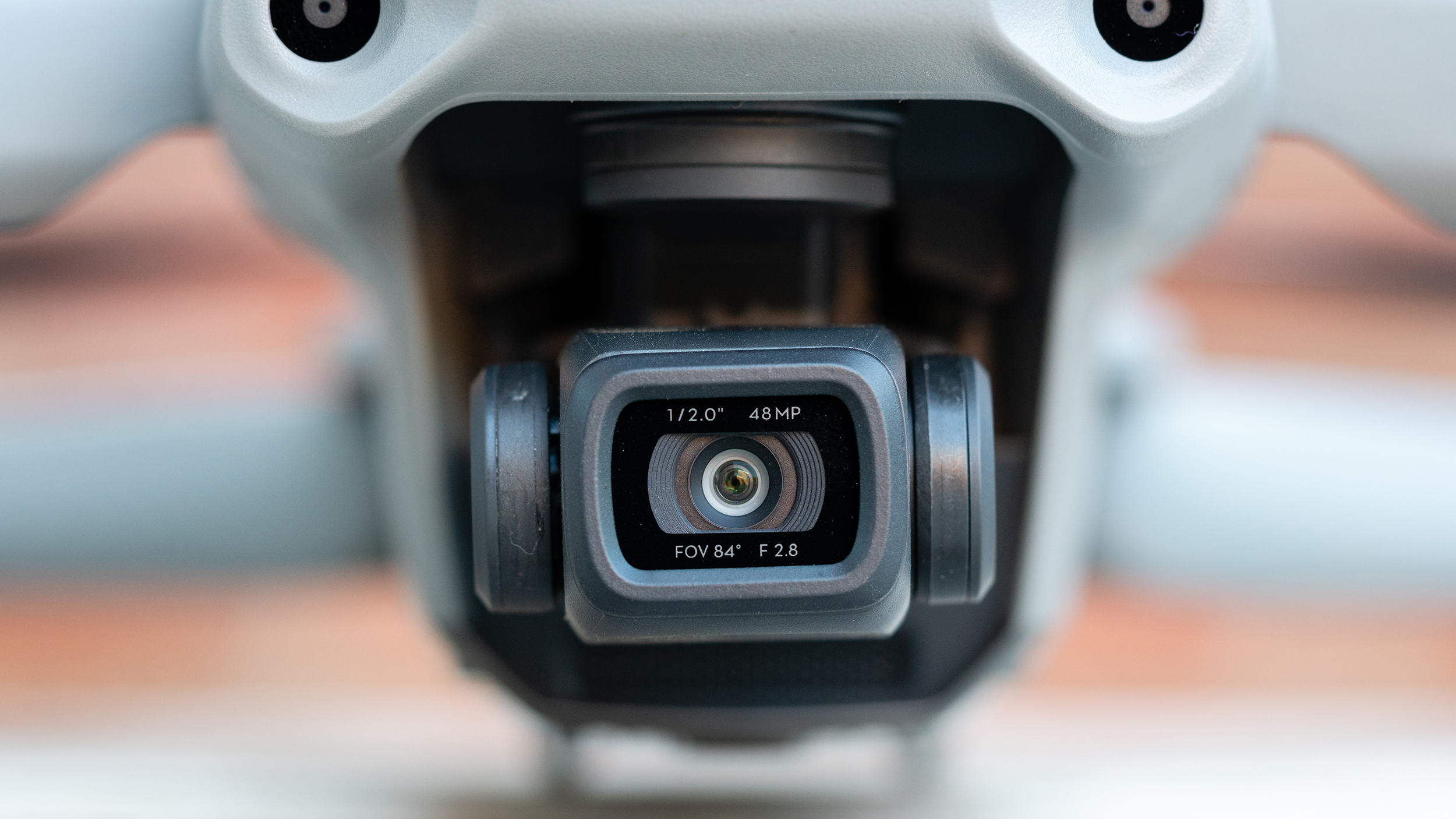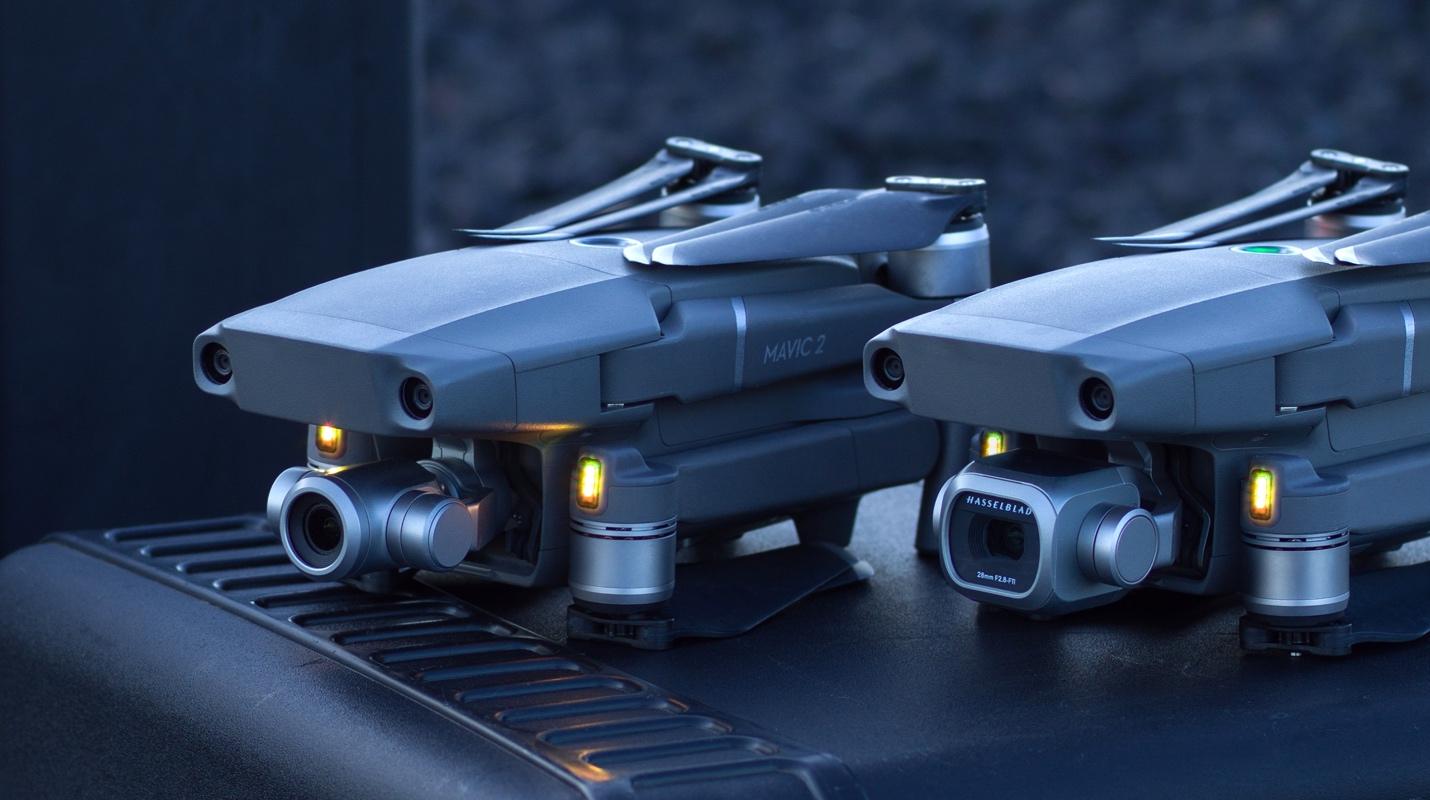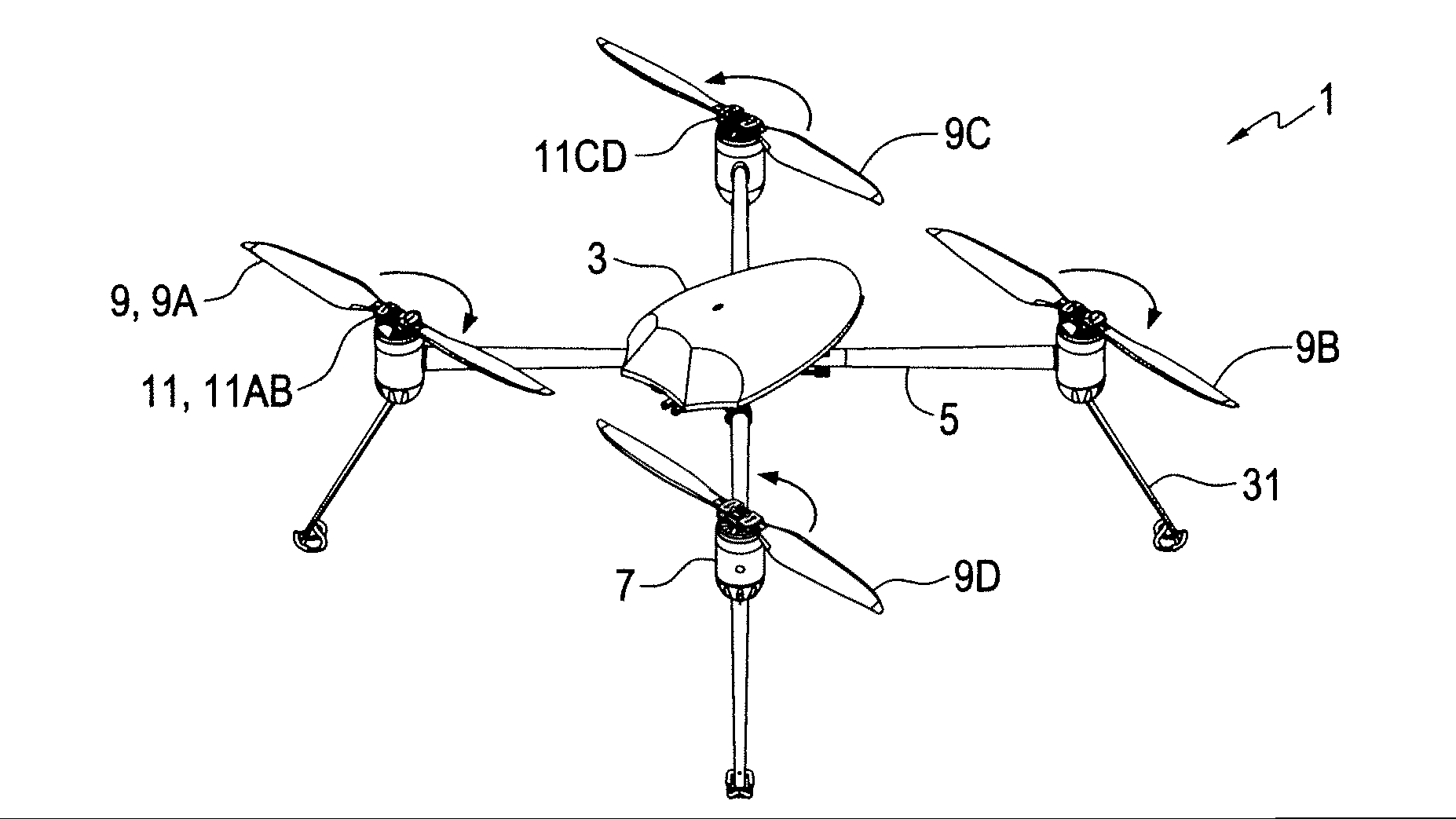Why DJI probably won't be banned from selling drones in the US
This sky-based patent war still has legs

DJI might be the world's biggest drone maker, but it's just potentially had its wings clipped by a patent ruling that could see its most popular models banned from being sold in the US. Still, despite the ruling, there are good reasons to believe it won't come to that.
If you missed the news, the ruling centers around a claim from Autel Robotics, a US-based drone maker that's owned by Chinese company Autel Intelligent Technology, which says that DJI drones infringe on one its patents about how a drone's propellors are fixed onto its legs.
This might not sound a huge deal, but the unfortunate news for DJI (and drone fans in general) is that the Chief Administrative Law Judge of the US International Trade Commission (ITC) has found in favor of Autel. And that could have some pretty major repercussions.
For example, the judge has recommended that the infringing drones – which include the DJI Mavic 2 Pro and Mavic 2 Zoom – are banned from being imported into the US, with Autel Robotics' law firm Steptoe claiming that "these products could be taken off the US market as early as July". What's more, Autel has also filed a petition to extend the order to include other popular DJI models, including the Phantom 4.
It's certainly a potential blow for DJI and anyone in the US who's been eyeing up one of its drones. But this is far from the end of what has been a long-running battle between the two big Chinese companies, and there's good reason to believe the ban won't ultimately be enforced.
For a start, the decision needs to be upheld by ITC's full commission, and there's lots of precedent for decisions being overturned there. For example, in 2013 the ITC's full commission reversed a decision by the Administrative Law Judge that said Apple's iPhone and iPads had infringed on a Motorola patent.
And while DJI declined to comment on the ruling, a source close to the company did tell us that the legal proceedings are still ongoing – which suggests this patent war, like so many that have rumbled on for years in the smartphone world, is far from over yet.
Sign up for breaking news, reviews, opinion, top tech deals, and more.
- Should you buy a DJI Mavic Air 2 without the AirSense alert system?
- These are the best drones in the world right now
- Read our in-depth DJI Mavic Air 2 review

- These are the best DJI drones you can buy right now
Returning to home?
Another factor is that, despite Autel Robotics being based in the US, this is a battle between two Chinese companies, which makes it quite different from the US-China tensions that resulted in the Huawei ban of 2019.
Not that DJI hasn't had its own brushes with the US government recently. In January 2020 it released a statement saying it was "extremely disappointed" by a US Department of the Interior (DOI) order that grounded the department's entire DJI drone fleet for national security reasons.
But this tussle with Autel actually goes all the way to 2016, when DJI sued its rival for allegedly copying its Phantom drone. And there were even reports of a patriotic backlash against Autel on Chinese social media in 2018, when it became clear that this patent lawsuit was between two companies that both started in Shenzhen.
This all means we could ultimately see the two companies settle in some way, perhaps outside the courts or through a licensing agreement, rather than a US ban on DJI's drones actually coming to fruition.

After all, we've seen many twists turns in the tech-themed patent wars of the past, from 2015's classic Apple vs Samsung to Motorola vs Apple in 2012. And while the winner is rarely us, the tech fans, long-running lawsuits involving companies the size of DJI rarely end in a result that's as emphatic as the one being proposed here.
A final added factor is the patents themselves. The breadth of the main patent, which describes "a UAV with rotors that can be removably coupled to the UAV through a clockwise/counterclockwise locking mechanism that only allows the correct rotor to be attached", means that it could ultimately be deemed unenforceably broad. This was what ultimately happened in a 2016 patent tussle between Jawbone and Fitbit.
While it's impossible to say what's going to happen from here, we think it's a bit too early to predict that DJI's US drones will be hitting the "Return-to-home" button just yet. But we'll update this story as soon we hear of any official developments.
- These are the best drones you can buy right now

Mark is TechRadar's Senior news editor. Having worked in tech journalism for a ludicrous 17 years, Mark is now attempting to break the world record for the number of camera bags hoarded by one person. He was previously Cameras Editor at both TechRadar and Trusted Reviews, Acting editor on Stuff.tv, as well as Features editor and Reviews editor on Stuff magazine. As a freelancer, he's contributed to titles including The Sunday Times, FourFourTwo and Arena. And in a former life, he also won The Daily Telegraph's Young Sportswriter of the Year. But that was before he discovered the strange joys of getting up at 4am for a photo shoot in London's Square Mile.